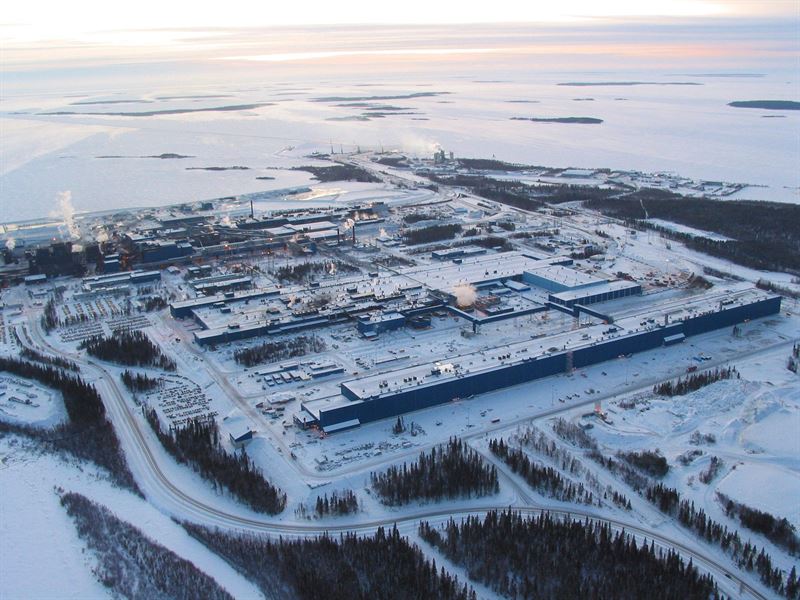As part of this work, the company has conducted a feasibility study to evaluate the possibility to build a small modular reactor (SMR) near the company’s largest stainless steel plant in Tornio, Finland. The study has been successfully completed, confirming the project’s feasibility with no significant obstacles to building an SMR. Outokumpu is now seeking external parties that would be interested in investing in the project and developing it further independently.
The feasibility study included the investigation of possible technical solutions and legislative implications as well as environmental impacts on the identified location surrounding the Outokumpu Tornio site in Finland. The study showed that sufficient technical readiness in SMR reactor technology exists already today, and the Tornio region offers further advantages for a potential SMR project such as the availability of sea cooling water due to colder climate. Furthermore, Finnish nuclear legislation is undergoing changes which are expected to support development opportunities for nuclear power in the country.
“The feasibility study results are very positive and support the further development of an SMR project. For Outokumpu, completing the study is a demonstration of interest to ensure possibilities offered by emerging nuclear technology are explored. Whilst we have made a strategic decision not to diversify our business to energy production, we look forward to handing over the project to a partner interested in continuing the project and investing in this area,” said Stefan Erdmann, Chief Technical Officer at Outokumpu.
“Electricity plays a central role in Outokumpu’s decarbonization strategy and ensuring increased and stable supply has strategic importance. Electrification of production processes to cut emissions or new initiatives in CCUS all require increased amounts of electricity. Participating in energy development projects such as SMR with an offtake agreement is in our interest and it further enables other CCUS partners to co-locate to our Tornio site due to the unique opportunity for all partners to combine biogenic waste streams (CO2) with carbon-free electricity to generate new green products such as bio-chemicals or bio-fuels,” highlighted Erdmann.

